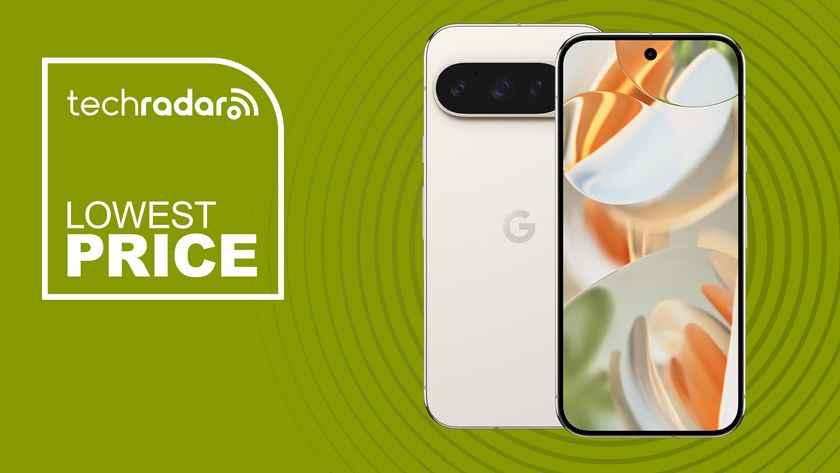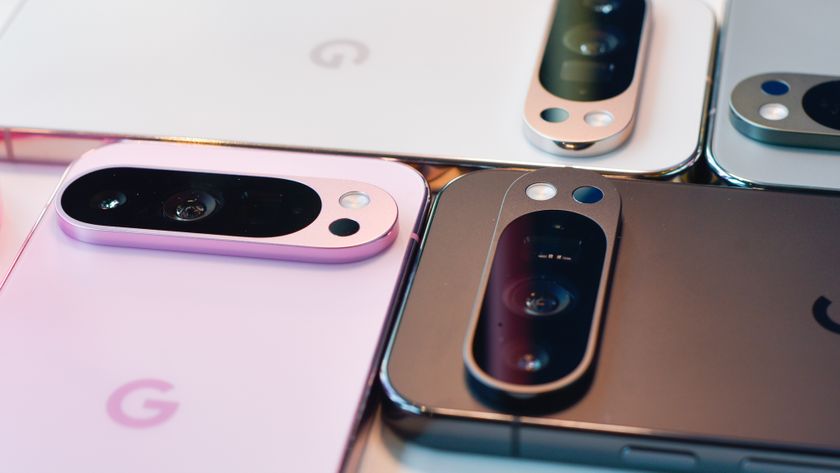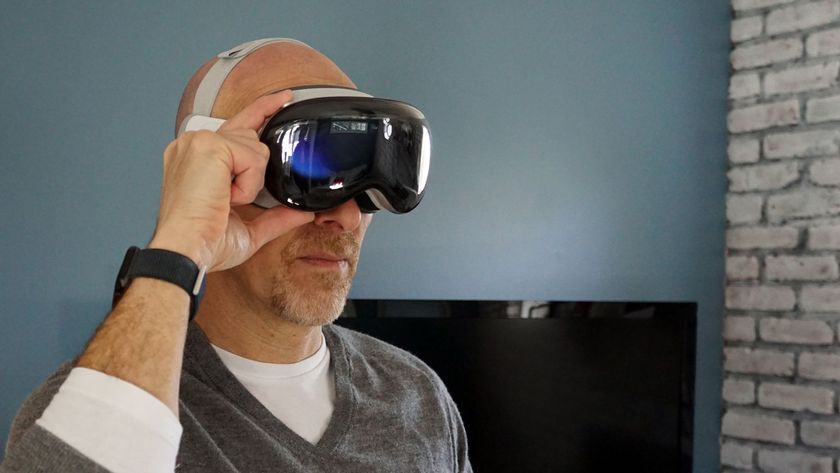Pixel phones get the backing of Google CEO Sundar Pichai
"Super committed to hardware program"

Google's Pixel phones may not be the product, in terms of sales, that the company might have imagined it would be. Reports have it that the Pixel division is selling less and less with every new model.
Despite its less than satisfying performance in the market, the Google is not ready to give up on Pixel phones. Google Alphabet CEO Sundar Pichai has said that his company will continue to work on smartphone hardware.
In a wide-ranging interview with The Verge, Pichai openly talked about the company’s hardware plans at length.
“The last couple of years have been a major integration phase for us because we’ve combined our Google hardware efforts with Nest. We absorbed the mobile division of HTC. So it’s been a lot of stitching together. And we have a wide product portfolio, too. So it’s definitely been a building phase. We’re super committed to it for the long run."
However, he added: "Hardware is hard. And it definitely has components, which take real time to get it right, thinking about underlying silicon or display or camera or any of those tacks. And so we are definitely investing in it, but that timeline. I think we’ve made a lot of progress. Pixel 3A last year was one of our highest NPS-rated products ever, and definitely even benchmarked outside. So to me, it’s a clear indication we have made a lot of progress.”
Sundar Pichai talks future Google Pixel plans, messaging, management during COVID-19 https://t.co/HV3WabGCcL by @nexusben pic.twitter.com/Az1EwEHreJMay 19, 2020
Want to drive computing forward with hardware
Pichai also spoke about why Google makes its own Pixel line of devices and doesn’t leave Android device manufacturing to companies like OnePlus or Samsung, which seem to have understood the consumer market better.
Pichai's answer had three prongs. The first is simply “to drive computing forward”. The second is to guide the Android ecosystem, and the third is “to really build a sustainable hardware business.”
Get daily insight, inspiration and deals in your inbox
Sign up for breaking news, reviews, opinion, top tech deals, and more.
“I think all of it is important, and that’s how I think about it. And I’m excited. We’re pretty committed to it,” said Pichai. He added He added that it could take “2-3 years for the deeper investments” to come to fruition.
The Pixel 4a, the tech giant’s lower-cost Pixel 4 device, is expected to launch in June. Based on leaks, the handset, in terms of looks, seems a lot better than the Pixel 4 XL.

In general about running the company during the time of pandemic, Pichai said he expected the company to be at 30-percent office capacity by the end of 2020.
"There are people who really want to come back, and they miss it. Especially at Google, for 20 years, we have genuinely invested in our physical spaces and the culture it creates with a view to having people work well together," Pichai said. "But I expect by the end of the year, we'll be at 20-to-30-percent capacity."
Pichai did confess that productivity is down in some areas of the company, and he’s unsure how working remotely will play out as employees begin brainstorming next year’s products. Pichai said he’s going to be more conservative on keeping people out of the office, but is studying what works well and what doesn’t.



